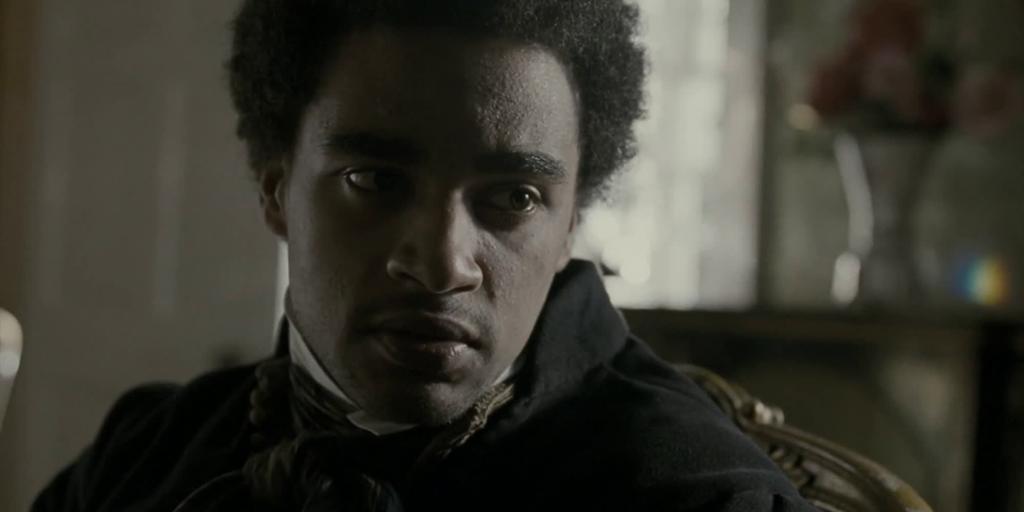Tasks: Wuthering Heights

Write a film analysis of the film Wuthering Heights.
In the following article, you will find more information about what a film analysis should contain.
Link to NDLA article: How to Analyse a Film
The life of Emily Brontë is as fascinating as her novel. Go online and find material on the life and times of Emily Brontë. Make her personal history come to life. Explain what influenced her imagination and work. Then make a digital presentation of your findings to the class. Include music and historical photos in your presentation.
The Earnshaws and the Lintons were part of the landed gentry in England. Go online and find background material about the different social classes found in English society in the 1800s. How were the classes defined? Give a short description what their everyday life was like. Be sure to find pictures to back up your description.
Emily Brontë’s novel Wuthering Heights was published in 1847. The novel is considered one of the classic examples of Romantic literature, and it is also classified as a Gothic novel. Go online and find information about the Romantic period and Gothic literature. What are the typical features of Gothic literature? Can you find traces of these elements in the film?
Choose one of the following tasks:
Diary Entry: Choose one of the characters and write an entry for their diary for one day.
Write an Interview: Choose one of the characters and write an interview for TV or radio. Together with a partner, you may record the interview using a sound editor (e.g. audacity).
Write a Story: Some critics have suggested that Heathcliff may have been the older Earnshaw’s illegitimate son. Make up your own story regarding Heathcliff’s origins. Who were his mother and father? Where did he come from? Why was he all alone in the world?
Related content
«Wuthering Heights» has engaged readers throughout generations. Oscar-awarded Andrea Arnold breathes new life into the classic story.